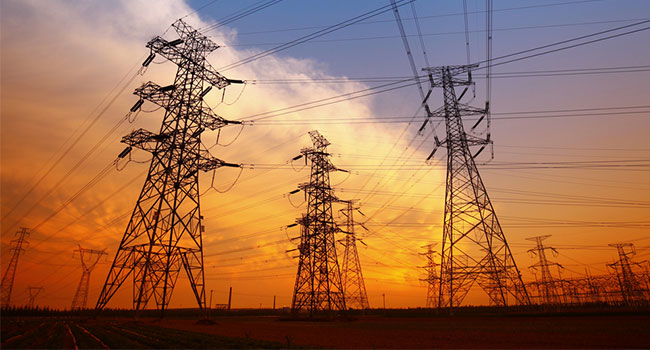
Senate Passes Bill To Explore ‘Analog’ Solutions to Securing America’s Energy Grid
If the Securing Energy Infrastructure Act is signed into law, it will create a working group tasked with isolating the energy grid from attacks using “manual procedures.”
- By Haley Samsel
- Jul 09, 2019
In response to growing cybersecurity threats, the Senate passed a bill on June 27 that would bolster the security of the U.S. energy grid by removing vulnerabilities that could allow hackers to gain unauthorized access to the digital system.
The Securing Energy Infrastructure Act, introduced by Sen. Angus King (I-Maine) and Sen. Jim Risch (R-Idaho), establishes a two-year pilot program with the National Laboratories tasked with creating a working group of private and public sector experts. The group will seek to identify security issues and research solutions to “isolate the energy grid from attacks,” according to a press release from King’s office.
Most surprisingly, King and Risch’s bill encourages the working group to explore the possibility of adopting new “analog devices” to isolate the most crucial parts of the energy grid from a digital system that could be manipulated by hackers.
“[The group] will examine ways to replace automated systems with low-tech redundancies, like manual procedures controlled by human operators,” the release reads. “This approach seeks to thwart even the most sophisticated cyber-adversaries who, if they are intent on accessing the grid, would have to actually physically touch the equipment, thereby making cyber-attacks much more difficult.”
The legislation was partly inspired by a cyberattack on Ukraine’s power grid in 2015 that led to power outages for over 230,000 residents. Investigators said the attack could have been much worse if the Ukrainan control system had not been “well-segmented from the control center business networks with robust firewalls,” according to WIRED magazine. Because of their grid setup, Ukrainan officials were able to restore power in the affected areas within one to six hours.
King and other members of Congress want to see the U.S. take a similar “retro” approach that would protect parts of the grid from any unauthorized digital access. The bill already has some support in the House of Representatives, where Democrat Dutch Ruppersberger of Maryland and Republican John Carter of Texas have introduced a companion measure.
If the bill is signed into law, the working group will have about two years to research analog security techniques and share their findings to the Secretary of Energy. The secretary will then be required to submit a report to Congress describing the results of the program and the feasibility of implementing the group’s recommendations.
The measure is dividing the opinions of security experts, with some applauding the effort to shift back to manual operations as a legitimate way of securing the grid. Other experts, though, say that the move could be costly and inefficient.
“We don't need to disconnect from the internet,” Ian Thornton-Trump, security head at AMTrust Europe, told Forbes. “We need to figure out how to make sure we can't control systems from the internet–or if we can, we need to be able to do it securely.”
About the Author
Haley Samsel is an Associate Content Editor for the Infrastructure Solutions Group at 1105 Media.